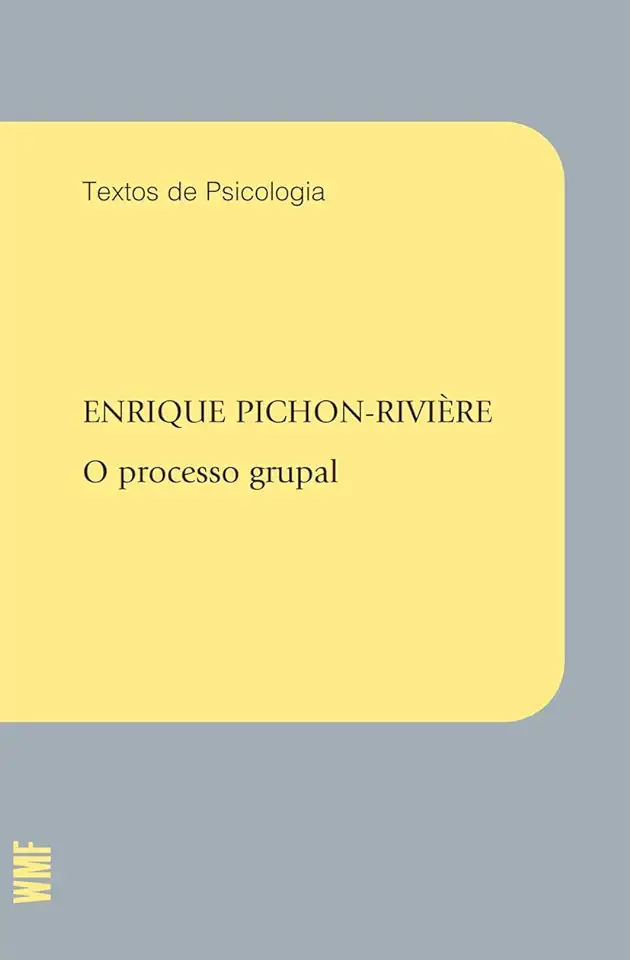
The Group Process - Enrique Pichon-Rivière
The Group Process: A Revolutionary Approach to Psychotherapy and Social Change
Introduction
In his groundbreaking book, "The Group Process," Enrique Pichon-Rivière presents a revolutionary approach to psychotherapy and social change that emphasizes the power of group dynamics. Drawing on his extensive experience as a psychoanalyst and group therapist, Pichon-Rivière argues that groups are not simply collections of individuals, but rather complex systems with their own unique dynamics and processes. By understanding and working with these dynamics, therapists and social workers can help individuals and groups to overcome challenges, achieve personal growth, and create positive social change.
Key Concepts
Pichon-Rivière's approach to group therapy is based on several key concepts, including:
- The group as a system: Pichon-Rivière views groups as complex systems with their own unique dynamics and processes. He argues that groups are not simply collections of individuals, but rather living organisms that are constantly evolving and changing.
- The unconscious: Pichon-Rivière believes that the unconscious plays a significant role in group dynamics. He argues that unconscious processes can influence the way that group members interact with each other and the way that the group as a whole functions.
- Resistance: Pichon-Rivière also emphasizes the importance of resistance in group therapy. He argues that resistance is a natural part of the group process and that it can be a valuable source of information about the group's dynamics and unconscious processes.
Group Therapy Techniques
Pichon-Rivière's approach to group therapy involves a variety of techniques, including:
- Free association: Pichon-Rivière encourages group members to freely associate their thoughts and feelings in order to access their unconscious processes.
- Dream interpretation: Pichon-Rivière also uses dream interpretation to help group members understand their unconscious processes. He believes that dreams can provide valuable insights into the group's dynamics and the individual members' inner worlds.
- Role-playing: Pichon-Rivière uses role-playing to help group members explore different aspects of themselves and their relationships with others.
- Group discussion: Pichon-Rivière also facilitates group discussions to help members process their experiences and learn from each other.
Applications
Pichon-Rivière's approach to group therapy has been used successfully in a variety of settings, including:
- Clinical settings: Pichon-Rivière's approach has been used to treat a variety of mental health issues, including anxiety, depression, and addiction.
- Educational settings: Pichon-Rivière's approach has also been used in educational settings to help students learn and grow.
- Organizational settings: Pichon-Rivière's approach has been used in organizational settings to help improve communication, collaboration, and productivity.
Conclusion
"The Group Process" is a groundbreaking book that offers a revolutionary approach to psychotherapy and social change. Pichon-Rivière's insights into group dynamics and the unconscious have had a profound impact on the field of group therapy, and his work continues to inspire therapists and social workers around the world. If you are interested in learning more about group therapy or social change, I highly recommend reading this book.
Call to Action
If you are interested in learning more about Pichon-Rivière's approach to group therapy, I encourage you to purchase a copy of "The Group Process" today. This book is a valuable resource for anyone who is interested in psychotherapy, social change, or the human condition.
Enjoyed the summary? Discover all the details and take your reading to the next level — [click here to view the book on Amazon!]